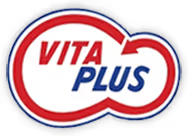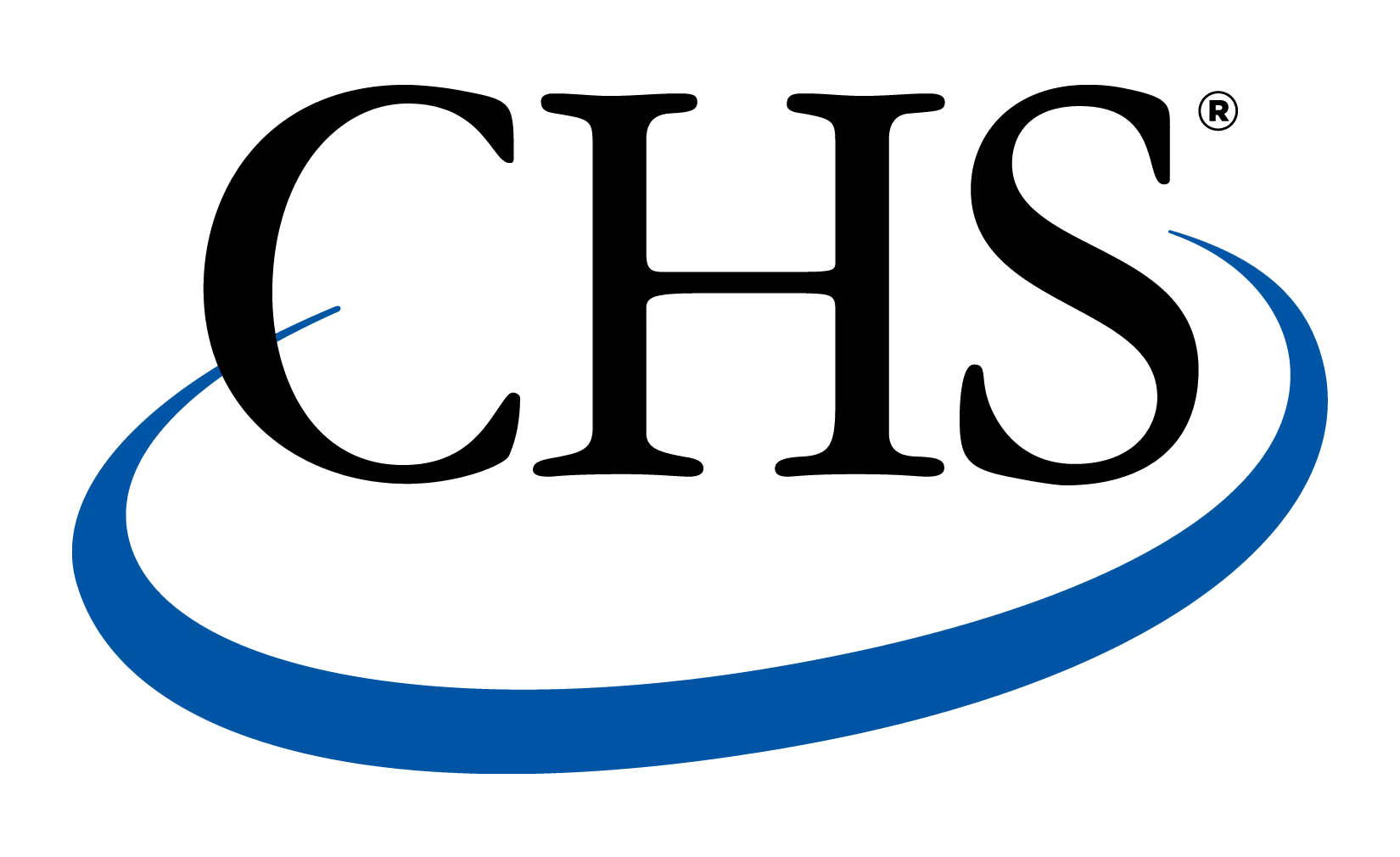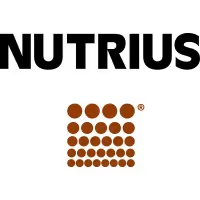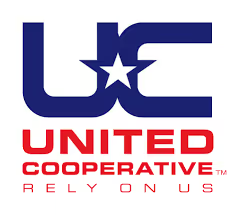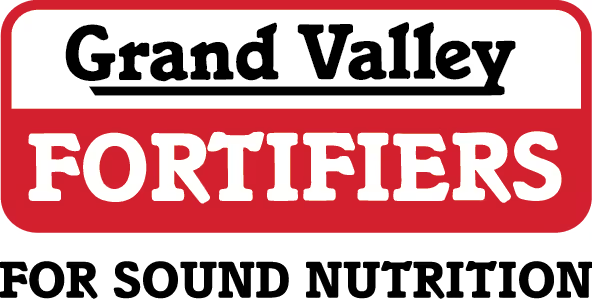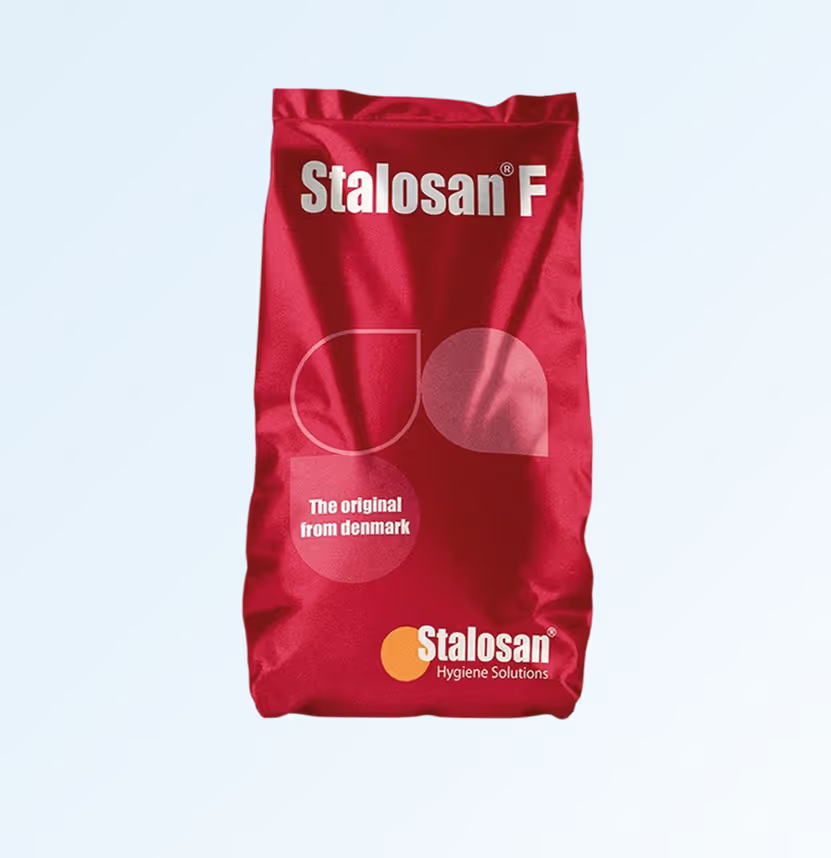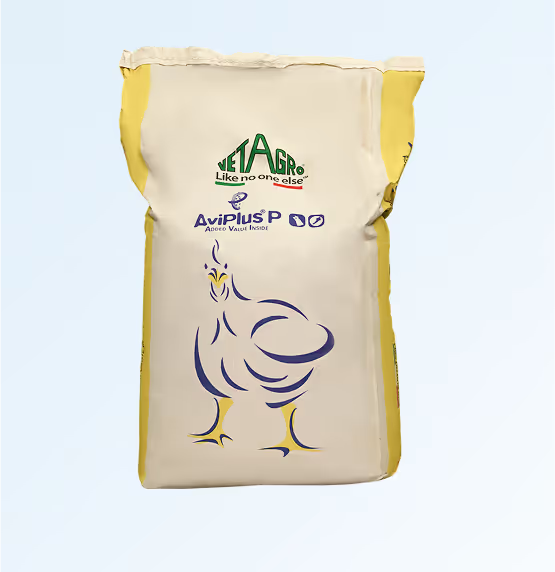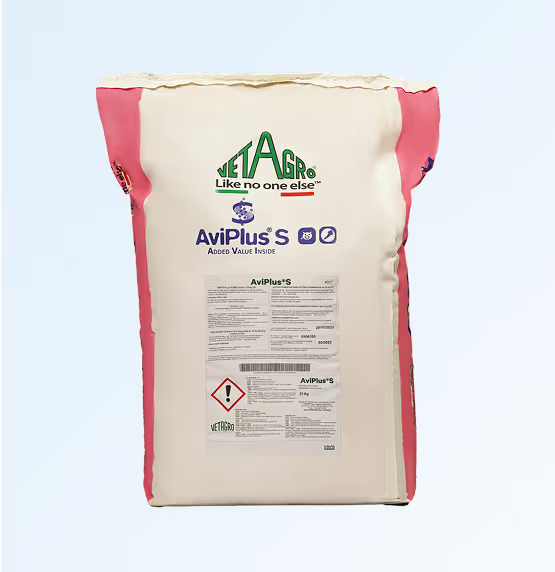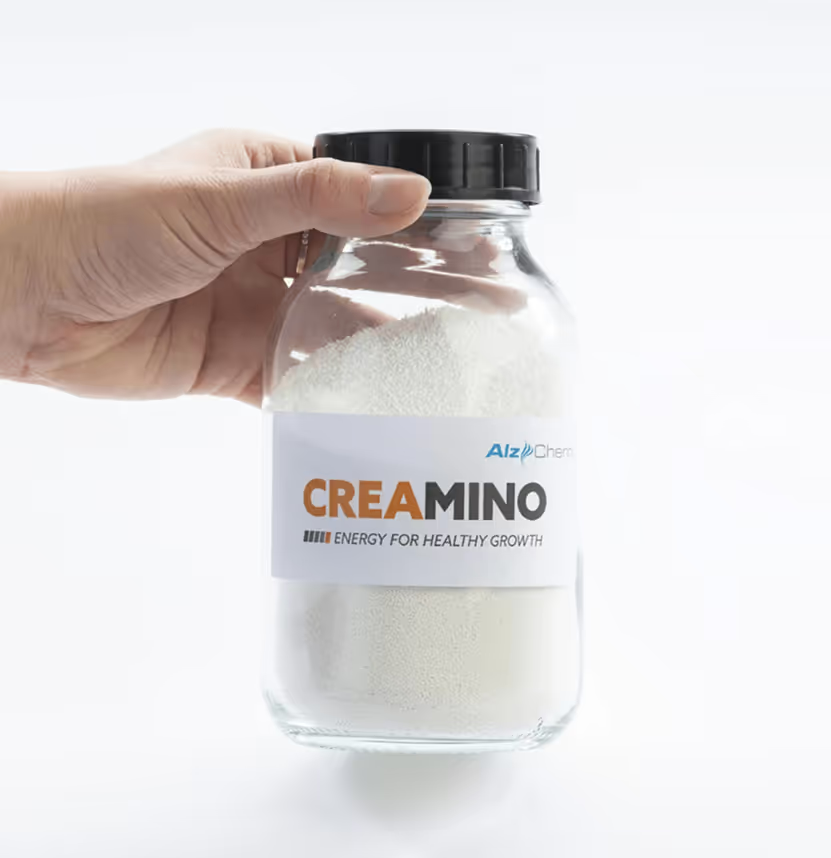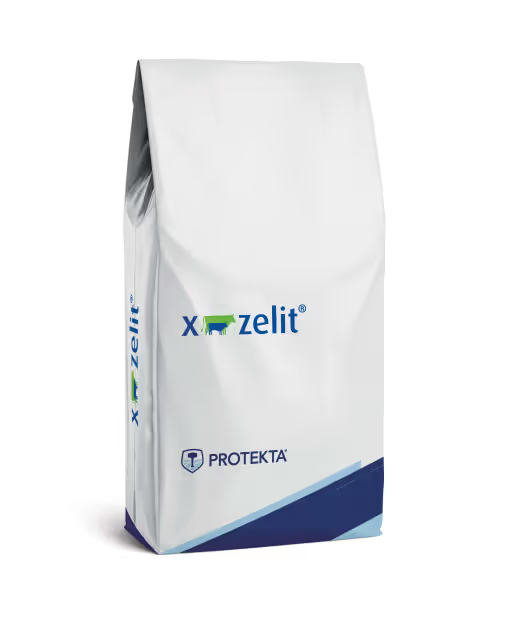

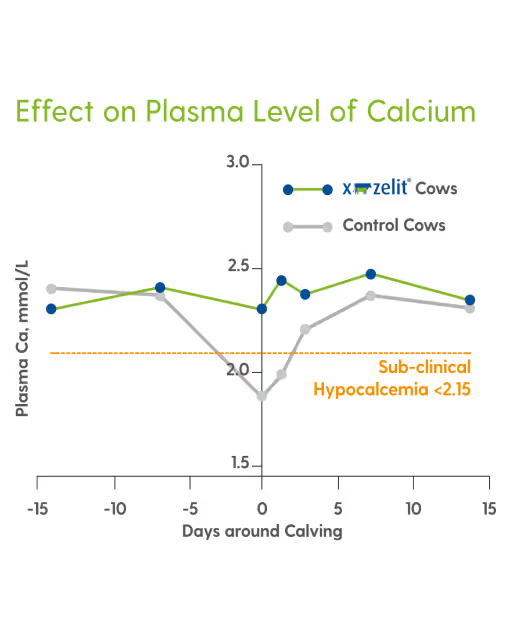
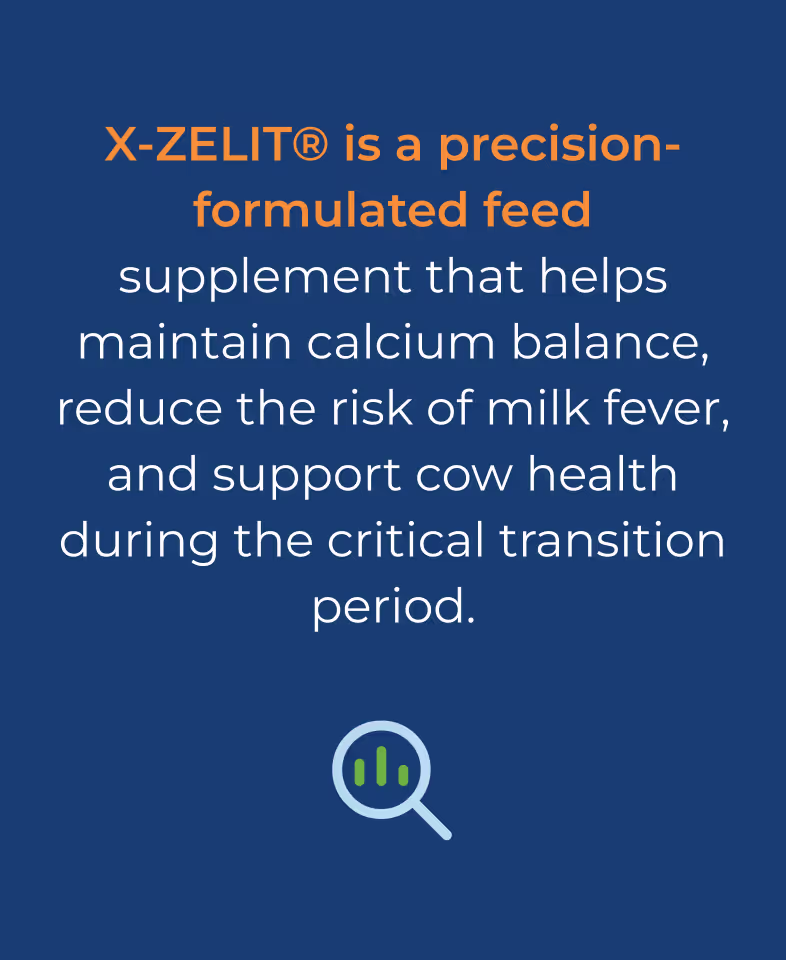
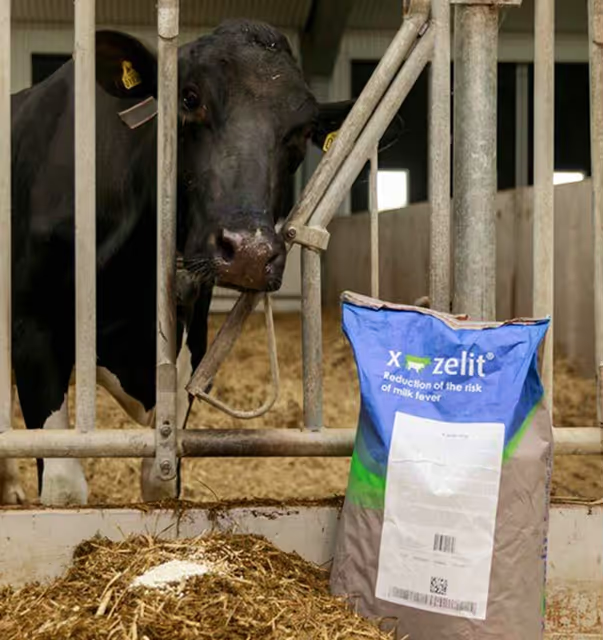
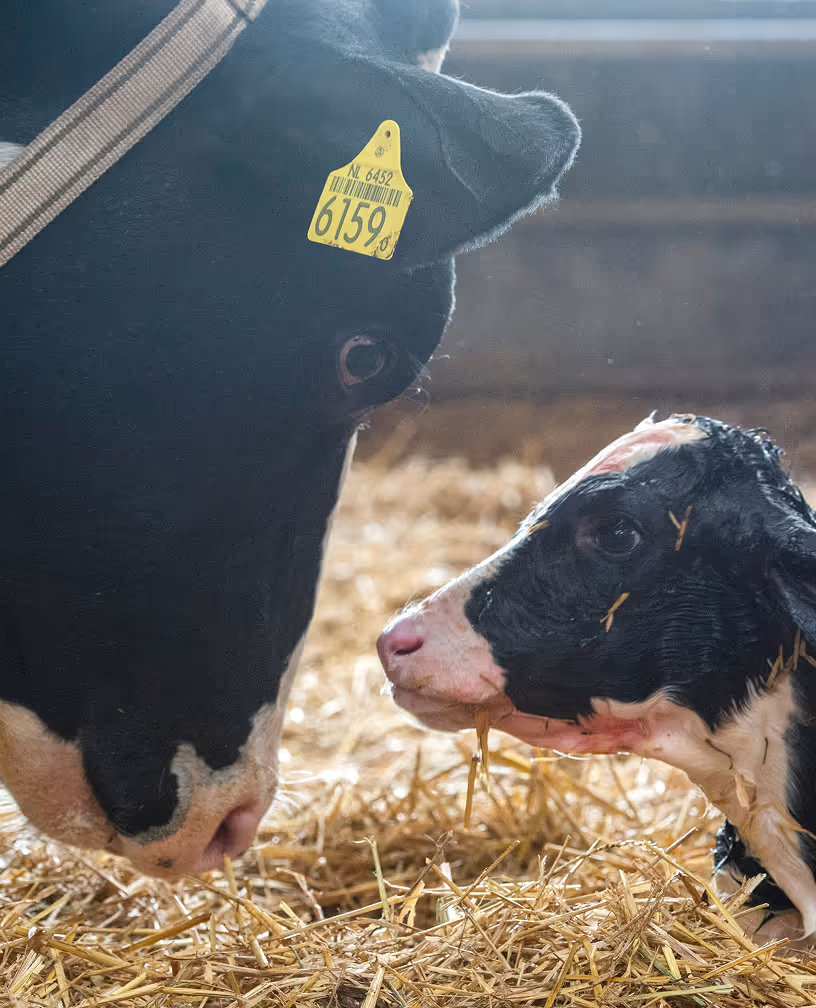
X-ZELIT®
Support fresh cow health with confidence. X-Zelit® is a proven, research-backed tool that reduces both clinical and subclinical hypocalcemia¹, helping cows transition smoothly into lactation for better health, fewer metabolic issues, and higher early milk yields in mature cows².
Proven to Reduce Hypocalcemia
Backed by more than 20 peer-reviewed and commercial trials in North America and Europe¹.

Enhances metabolic health and production
Cows fed X-Zelit produced an average of 4+ lbs/day more milk during the first seven weeks in milk compared to negative DCAD-fed cows².

Science-driven mode of action
Built on Protekta’s patented CaRT®, which binds dietary phosphorus to activate natural bone release of calcium and phosphorus via the FGF23 pathway⁵.
Product Description
X-Zelit® is a precision dietary phosphorus binder designed for use in the critical 14-21 days before calving. Using Protekta's patented CaRT®(Calcium Response Technology), it temporarily reduces available dietary phosphorus in the rumen.
This creates a mild, controlled drop in blood phosphorus⁵, which lowers secretion of the bone hormone FGF23. With less FGF23, the cow mobilizes calcium and phosphorus from bone reserves before calving, resulting in higher and more consistent blood calcium levels at calving —without urine pH testing or low-potassium forage requirements¹.
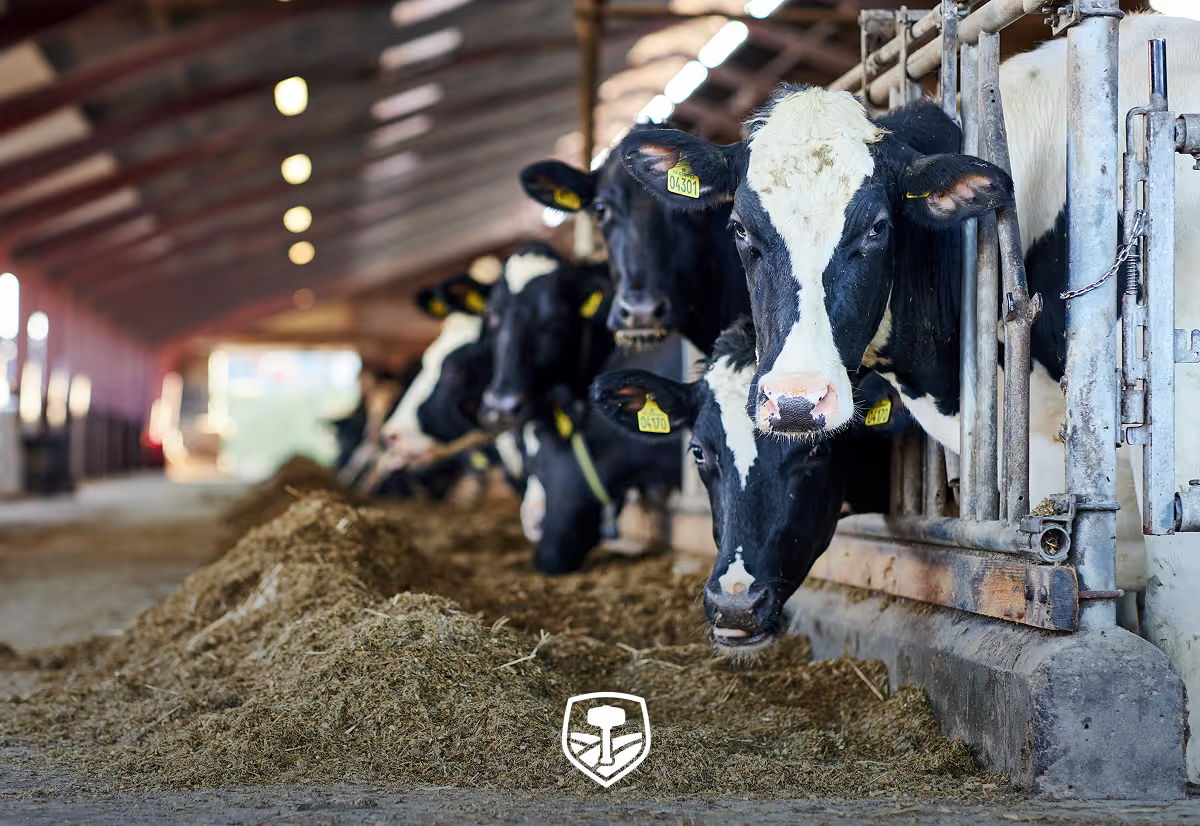
Straightforward Dry Cow Management
Feed X-Zelit for 2–3 weeks before calving as part of the close-up ration
Binds dietary phosphorus to temporarily lower blood phosphorus, triggering the FGF23-regulated bone mobilization mechanism⁵
Supports higher blood calcium at calving, reducing the risk of fresh cow diseases linked to hypocalcemia⁶
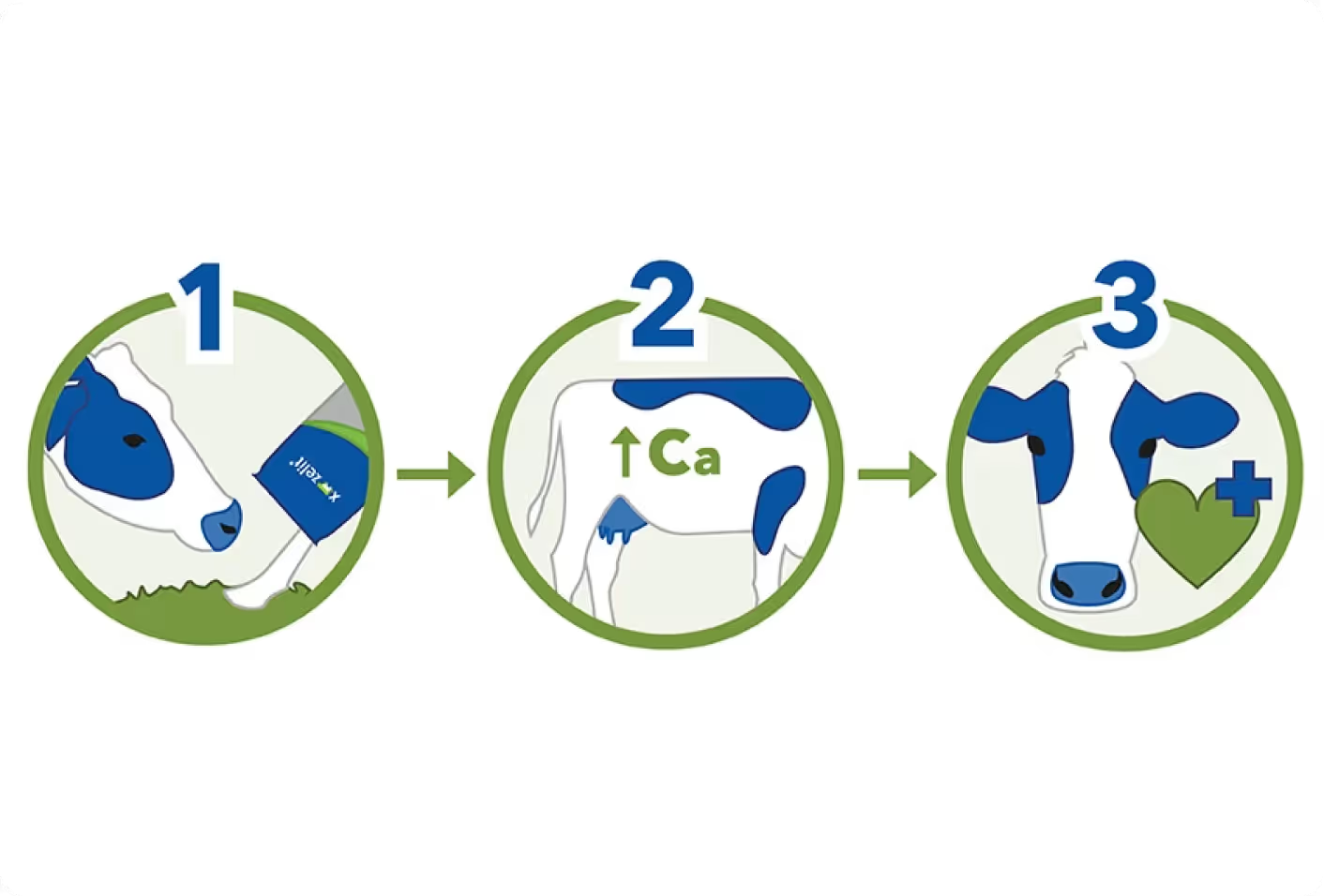
What You GAIN:
What You minimize:
Higher early milk yield — 4+ lbs/day²
Milk fever (clinical hypocalcemia)¹
Better colostrum quality with higher IgG³
Subclinical hypocalcemia¹
Maintained or increased feed intake⁴
Ketosis (by lowering hypocalcemia risk)⁶
More consistent calcium levels¹
Retained placenta⁶
Simpler dry cow program — no urine pH or special forages
Displaced abomasum⁶
Fewer cow touches — less need for calcium boluses
Metritis⁶
More predictable fresh cow performance
Early culling linked to poor transition⁶
Real Benefits for Transition Success
Not just prevention — proven impact on fresh cow health, early lactation performance, and smoother transitions.
Application & Usage:
- Feed for 2–3 weeks before calving
- Works with most close-up rations
- Easy to include in TMR — no urine pH testing or low-potassium forage needed
Ask your nutritionist or contact Protekta for ration planning support.
Frequently asked questions
References
- Grünberg, W., et al. 2011. Mechanisms by which feeding synthetic zeolite A to dry dairy cows improves calcium homeostasis after calving. Journal of Dairy Science, 94(2): 1001–1010. University of Wisconsin–Madison, Department of Dairy Science. Multiple internal and peer-reviewed trials, 2018–2025. Data on file, Protekta Inc.
- University of Wisconsin–Madison, Department of Dairy Science. 2023. Comparison of X-Zelit and Negative DCAD Pre-Fresh Strategies in Lactation 3+ Cows: Effects on Early Lactation Milk Yield. Internal trial data, Protekta Inc. Reported by Gier, J., Aug 2025.
- University of Wisconsin–Madison, Department of Dairy Science. 2023. Impact of X-Zelit Pre-Fresh Feeding on Colostrum Immunoglobulin Concentration. Internal trial data, Protekta Inc. Reported by Gier, J., Aug 2025.
- Cornell University College of Veterinary Medicine. 2021. Evaluation of blood mineral status in dairy cows fed X-Zelit pre-fresh. Internal trial data, Protekta Inc. University of Wisconsin–Madison. 2023. Internal trial data, Protekta Inc.
- Grünberg, W., et al. 2011. Mechanisms by which feeding synthetic zeolite A to dry dairy cows improves calcium homeostasis after calving. Journal of Dairy Science, 94(2): 1001–1010. University of Wisconsin–Madison, Department of Dairy Science. 2023. Internal trial data, Protekta Inc.
- Neves, R.C., et al. 2018. Association of postpartum subclinical hypocalcemia with reproductive performance and health in dairy cows. Journal of Dairy Science, 101(8): 7585–7597. UW–Madison, Department of Dairy Science. 2023. Internal trial data, Protekta Inc.


